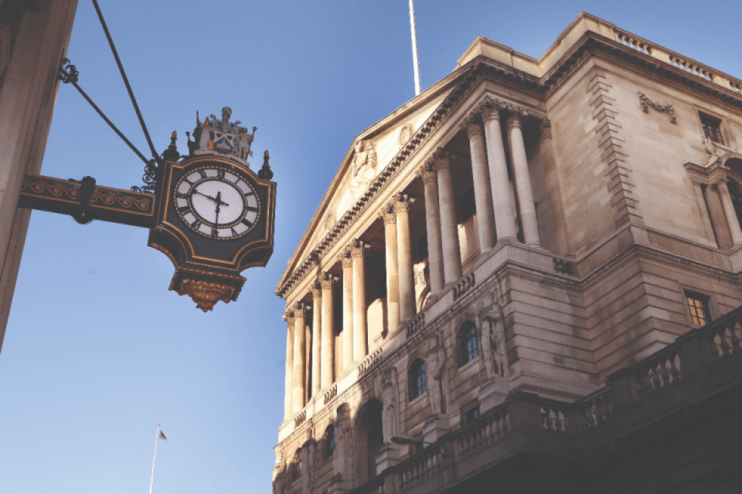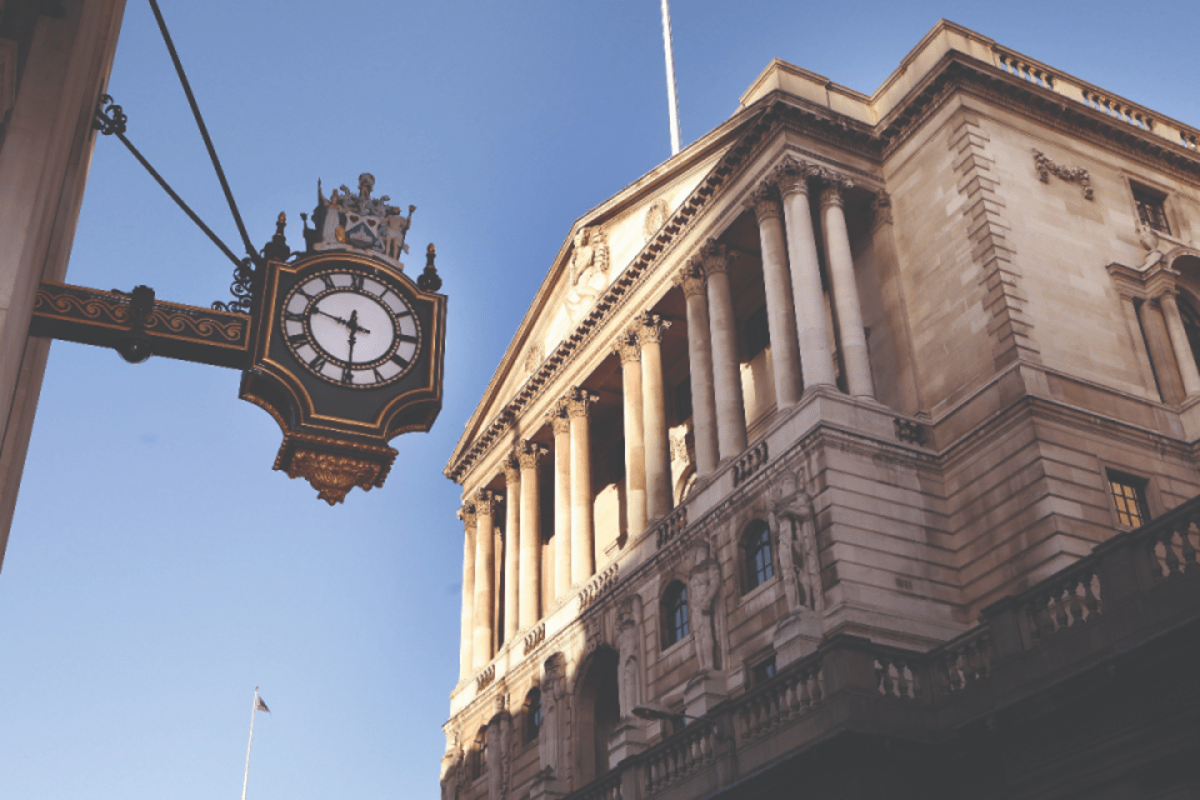Thursday 04 September 2025 5:03 am
| Updated:
Wednesday 03 September 2025 6:38 pm
Share
 The Bank of England is mulling over whether to make another interest rate cut in the coming months.
The Bank of England is mulling over whether to make another interest rate cut in the coming months.
The Bank of England is less likely to make drastic cuts to interest rates in the coming year as officials said the current cycle could “not go on forever”.
In a hearing before the Treasury Select Committee, members of the Monetary Policy Committee (MPC) indicated markets may be correct to predict there would be no further cuts this year.
External member Megan Greene said Bank officials disagreed on whether a neutral rate could be found, though she said fewer cuts would be made.
Greene said the rate-cutting cycle could “not go on forever” as she said the Bank was “closer” to its last cuts.
Deputy governor Clare Lombardelli said in a written note that the neutral rate was likely to be nearer the “upper end” of a range between two per cent and four per cent.
Interest rates face uncertain path
Both rate-setters flagged concerns about price-setting behaviours given higher inflation expectations among businesses and consumers.
The risks to inflation expectations were more “salient” because of higher food price inflation, according to Greene.
The comments cast doubt on whether hawkish members would vote for further cuts in upcoming meetings, with both Lombardelli and Greene voting against consensus at a historic interest rate cut in August.
Governor Andrew Bailey said there was more uncertainty “exactly when and how quickly” interest rate cuts would be made given fears of stubborn inflation in the UK economy.
But Bailey highlighted further “weakness in the labour market” while fellow rate-setter Alan Taylor, who initially opted for a 50 basis point cut at the August meeting before changing his vote to a 25 basis point cut, said easing wage growth would weigh down on price growth in the coming months.
Bank of England fights high borrowing costs
The Governor also emphasised the higher borrowing cost to the government, shown by turmoil in bond markets, was not a problem unique to the UK.
Read more
Bank of England cuts interest rates in historic vote
“You have seen a steepening of yield curves across the whole developed world.
“The underlying driver of this is global.”
Bailey said he had not yet come to a decision on whether the Bank’s quantitative tightening (QT) programme would be paused next month as he said the central bank was not the cause of turmoil in the bond markets.
The Bank’s monetary policymakers said they would take QT’s impact on public finances into account when it makes a decision on whether it sells gilts in the coming weeks.
But Bailey pushed back on Labour MP Yuan Yang’s suggestions, made based on a report by the IPPR, that the Bank’s programme was costing the government dozens of billions of pounds a year.
Bailey’s defence of Federal Reserve
The Bank of England Governor’s analysis of troubles in bond markets came as he launched a defence of the independence of the Federal Reserve amid threats made by President Donald Trump.
“The Governor said he was worried about attempts to “trade off” monetary and financial stability maintained by independent central banks.
“I’m afraid I just think that is a very dangerous road to go down,” Bailey said.
“The job of an independent central bank is to provide those foundations, to take independent decisions to do it.”
“That’s how it works, that’s how it should work. Those are threats that I take very seriously.”
Read more
Bank of England to cut interest rates but faces dilemma on outlook
Similarly tagged content:
Sections
Categories
People & Organisations
